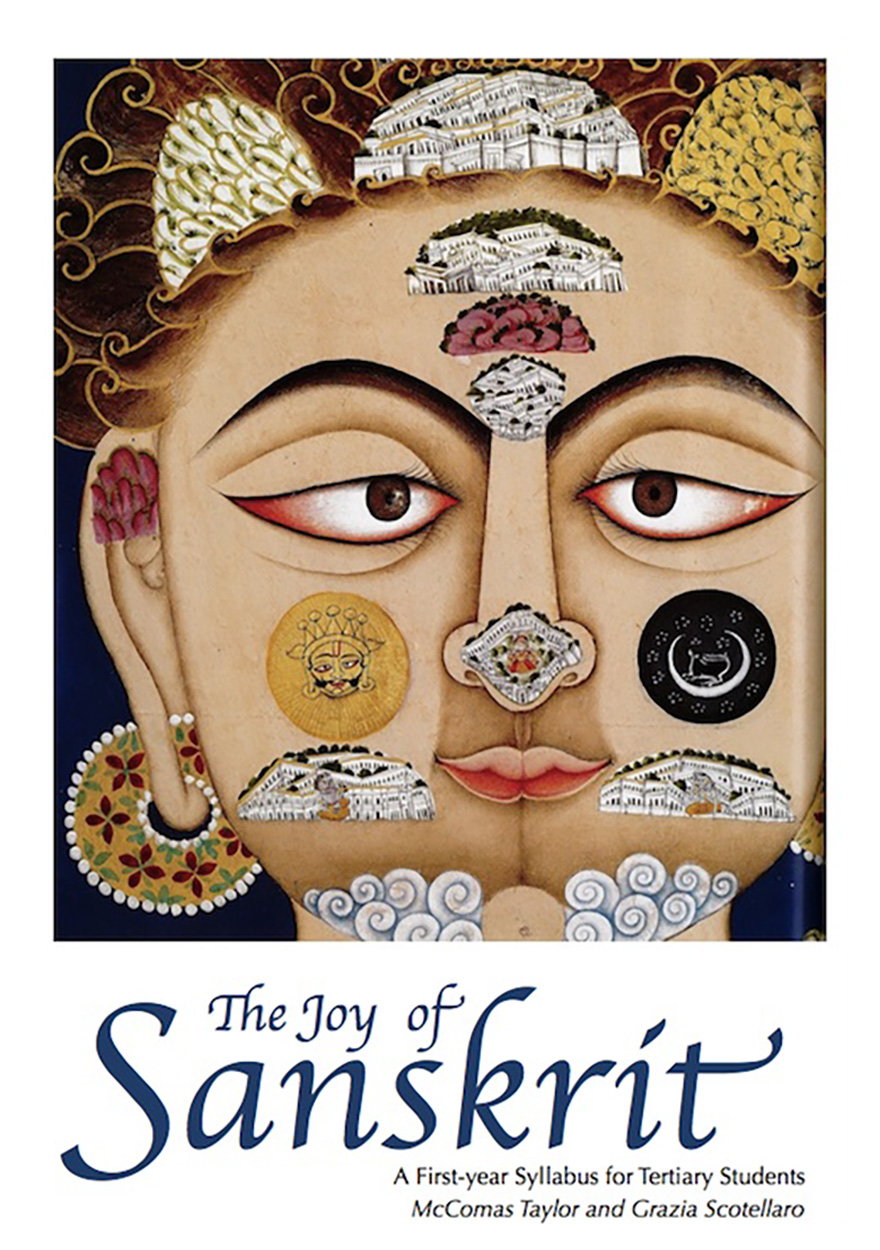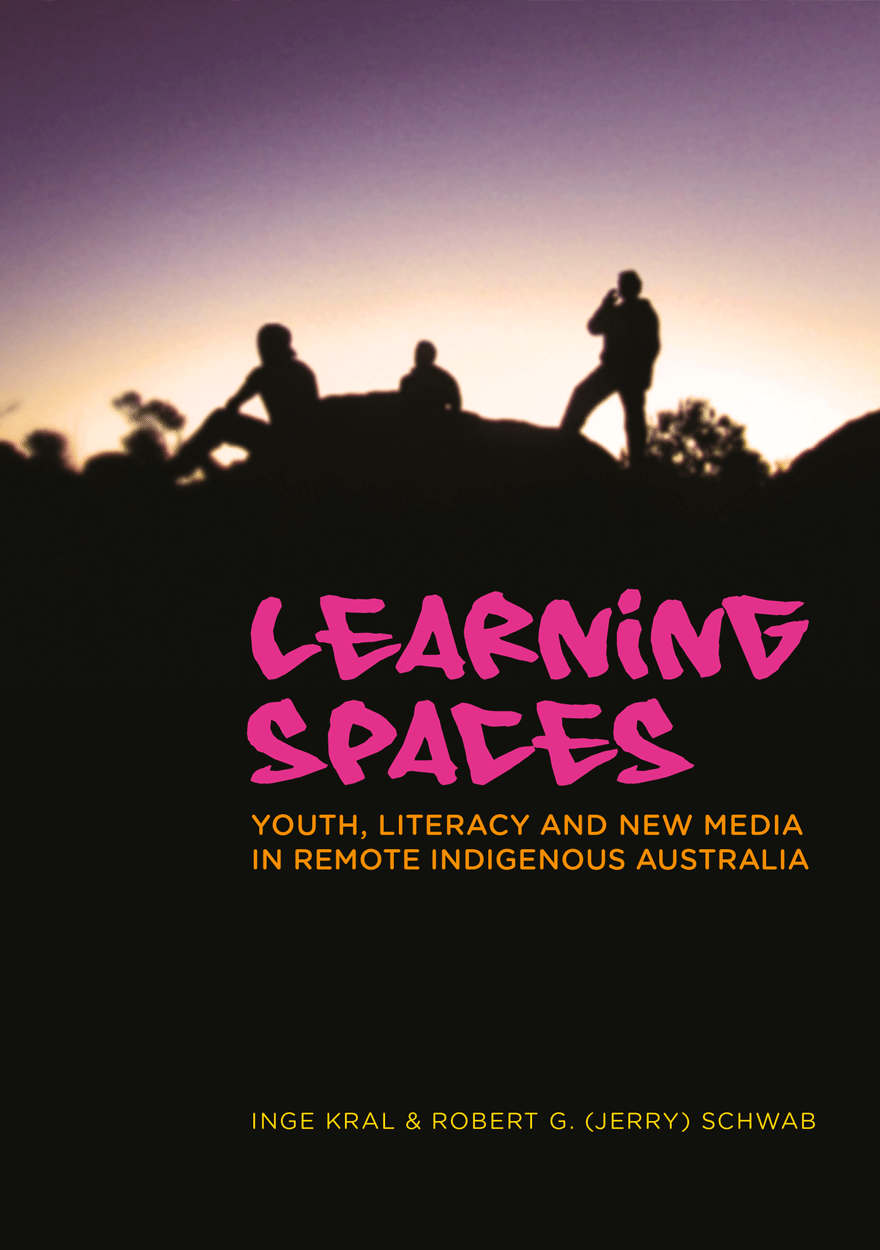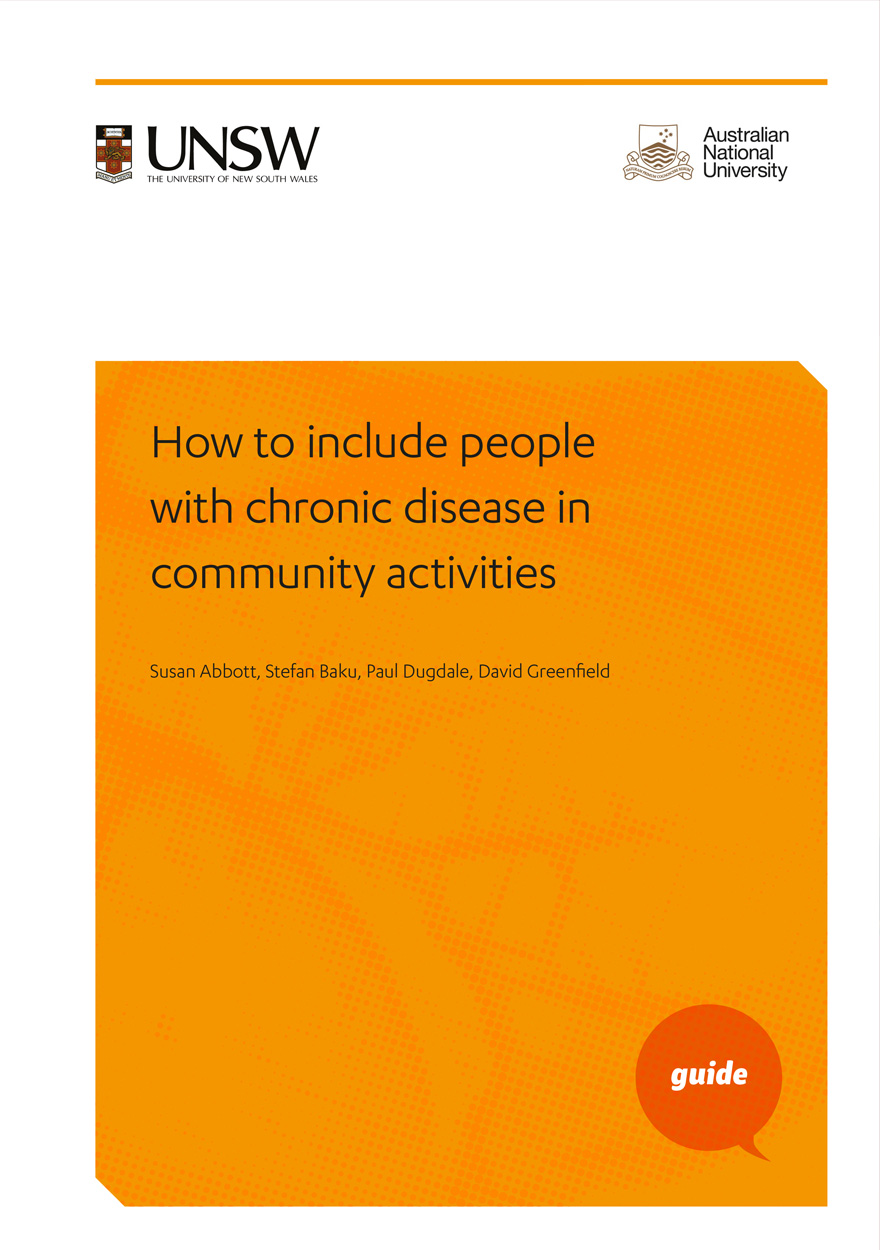Search titles
Displaying results 21 to 30 of 37.

The Joy of Sanskrit »
A first-year syllabus for tertiary students
Authored by: McComas Taylor, Grazia Scotellaro
Publication date: February 2014
The Joy of Sanskrit is a complete first-year course of twenty-five weeks designed for university students. We teach Sanskrit as a living tradition. This is in recognition of the fact that many of our students have backgrounds in Indic religions and Indian cultural practices, including yoga, art, music, dance and song. As a living tradition, we believe that the reception of language (especially the ability to read), should be balanced with its production (writing, speaking, chanting and singing). With this in view, each weekly unit has three parts: 1. simple Sanskrit conversational patterns, 2. a verse from the oral tradition, and 3. the all-important grammar section. The grammar is based on the textbook Introduction to Sanskrit by Prof. Thomas Egenes. Each week includes introductory videos, audio files to help you with correct pronunciation, and an audio commentary on the text book.
By the end of the course, you will be able to conduct a coherent conversation on a range of simple topics, you be able to chant accurately twenty-six well-known verses, and you will have a good grasp of all the most common grammatical forms, so that you are ready to begin reading simple narratives.
In addition to this Joy of Sanskrit e-text, you will need to purchase Introduction to Sanskrit, Parts 1 and 2. (T. Egenes, Motilal Banarsidass, 3rd edition or later), as it contains all the written exercises and solutions.
The Joy of Sanskrit etext is in ePub format, and you will need multimedia-enabled epub reader to access the video and audio content successfully.
If you have an iPad, iPhone or iPod touch, open The Joy of Sanskrit in iBooks
If you have an Android tablet, you will need this app: epubreader
If you have a Mac, Bookreader Lite works very well
If you are running Windows, you can read the ePub with Azardi, available here: http://azardi.infogridpacific.com/azardi-download.html
You can choose to download the complete Joy of Sanskrit e-text or to download each half as separate files.
This textbook is used as course material in:
Sanskrit 1 SKRT1002
Sanskrit 2 SKRT1003
For more information about studying a language at the ANU, please visit the College of Asia and the Pacific Languages website and take a look at the School of Culture, History and Language’s Language Guide (PDF, 2.2 MB).
Download for free
Not available for purchase

The Struggle of the Shi‘is in Indonesia »
Authored by: Zulkifli
Publication date: November 2013
The Struggle of the Shi‘is in Indonesia is a pioneering work. It is the first comprehensive scholarly examination in English of the development of Shiism in Indonesia. It focuses primarily on the important period between 1979 and 2004 – a period of nearly a quarter of a century that saw the notable dissemination of Shi’i ideas and a considerable expansion of the number of Shi’i adherents in Indonesia. Since Islam in Indonesia is overwhelmingly Sunni, this development of Shiism in a predominantly Sunni context is a remarkable phenomenon that calls for careful, critical investigation. There is also an important examination of the principal ideas underlying the Madhab Ahl al-Bayt, the Imamate and Imam Madhi, Ja‘fari jurisprudence and ritual piety. Appropriately, in his discussion, Zulkifli provides a succinct outline of contrasts with Sunni ideas and practice. He also examines the publishing efforts that underpinned the dissemination of Shi’i ideas and the founding of IJABI (Ikatan Jamaah Ahlul Bait Indonesia) in July 2000 for the propagation of Ahl al-Bayt teachings. Given the Indonesian context, Zulkifli is also concerned with Sunni reactions to these Shi’i developments – a story that continues to unfold to the present. This book as a work of great value and significance for the continuing understanding of the richness and complexity of Indonesian Islam.

Learning Spaces »
Youth, Literacy and New Media in Remote Indigenous Australia
Authored by: Inge Kral, Robert G. Schwab
Publication date: August 2012
'This work offers us the rare opportunity to step inside innovative uses of technologies, mergers of global technologies into local knowledge, and community advocacy of local history and ideology…The young people who move through these pages are motivated and proud of having had the opportunities that make possible their linking together of historical knowledge and contemporary means of communication and performance. The means illustrated here have enabled them to develop skills that will help them move into the future as adults engaged with the health and life of their own communities, connected to their language and culture as their way of being in the world of the local so as to know the world of the global.'
Professor Shirley Brice Heath
Stanford University, USA

East Asia Forum Quarterly: Volume 4, Number 1, 2012 »
Publication date: February 2012
East Asia Forum Quarterly grew out of East Asia Forum (EAF) online, which has developed a reputation for providing a platform for the best in Asian analysis, research and policy comment on the Asia Pacific region in world affairs. EAFQ aims to provide a further window onto research in the leading research institutes in Asia and to provide expert comment on current developments within the region. The East Asia Forum Quarterly, like East Asia Forum online, is an initiative of the East Asia Forum (EAF) and its host organisation, the East Asian Bureau of Economic Research (EABER) in the Crawford School of Economics and Government in the College of Asia & the Pacific at The Australian National University.
Download for free
Not available for purchase

Real Harmonic Analysis »
Authored by: Pascal Auscher, Lashi Bandara
Publication date: February 2012
This book presents the material covered in graduate lectures delivered at The Australian National University in 2010. Real Harmonic Analysis originates from the seminal works of Zygmund and Calderón, pursued by Stein, Weiss, Fefferman, Coifman, Meyer and many others. Moving from the classical periodic setting to the real line, then to higher dimensional Euclidean spaces and finally to, nowadays, sets with minimal structures, the theory has reached a high level of applicability. This is why it is called real harmonic analysis: the usual exponential functions have disappeared from the picture. Set and function decomposition prevail.

Financing Higher Education and Economic Development in East Asia »
Edited by: Shiro Armstrong, Bruce Chapman
Publication date: November 2011
This volume addresses important issues to do with access to higher education and different models of its financing in the East Asia region. It is enriched by diverse perspectives from vastly different starting points and by the historical and institutional settings in the region. The issues are set out in the context of the value of higher education in economic development and how it contributes to the capacities to adopt and adapt to new technologies and undertake institutional innovation. The established and well-functioning higher education loan and financing systems, such as those in Australia, and the experience of different systems tried—both in East Asia and in the United States—are brought to bear in this volume.

A Background to Primary School Science »
Authored by: Neville Fletcher
Publication date: September 2011
The Australian Academy of Science has had a long standing interest in the provision of science education to Australian school students. Recognising that skills and attitudes in science are acquired at an early age, the Academy in 1994 launched a major program in science education at primary school level under the title Primary Investigations. Since science teachers at primary and lower secondary levels come from a wide range of backgrounds and many of them have not studied all the science subjects in detail, I have tried here to provide a broad survey of what is known about the world from a scientific perspective. The material presented, however, is not what teachers should expect to teach, but rather a much broader background that should help them to place school science and technology studies into a global context.

R. G. Menzies Scholarships to Harvard 1968—2010 »
Menzies Scholarship Selection Committee
Edited by: Karen Holt, Kim Rubenstein
Publication date: April 2011
Since the R.G. Menzies Scholarships to Harvard were established in 1967, sixty-three Australian Menzies Scholars have been sent to study at Harvard. This book derives from the Menzies Scholars themselves: it is a collection of reminiscences and stories about their experiences at Harvard and the influence that the Menzies Scholarship has had on their careers and achievements in life. This commemorative volume was presented to Professor James Fox at a dinner for Menzies Scholars held in April 2011 at the Australian National University, to thank Professor Fox for his 33 years of distinguished service to the Menzies Scholarship Selection Committee.

CHS Guide: How to include people with chronic disease in community activities »
Authored by: Susan Abbott, Stefan Baku, Paul Dugdale, David Greenfield
Publication date: April 2011
This guide provides community group leaders with useful information and strategies to assist them in welcoming people with chronic disease to their activities. Group leaders may be enthusiasts in their specific activity. They may be fitness instructors or committee members, paid or voluntary, qualified or unqualified.

CHS Toolkit: Training group leaders how to include people with chronic disease in community activities »
Authored by: Susan Abbott, Amy Vassallo, Paul Dugdale, David Greenfield
Publication date: April 2011
The purpose of this package is to support you to improve the inclusion of people with chronic disease in community activities in your local area. It contains information and resources to help you to plan, deliver and evaluate educational activities with your local community. The first section details the aim, rationale and background for the development of this package. The overall aim of this package is to educate community group leaders about chronic disease issues. Community leaders equipped with such knowledge will be better able to support people with chronic disease to manage their conditions while encouraging their participation in community group activities.
Download for free
Not available for purchase



